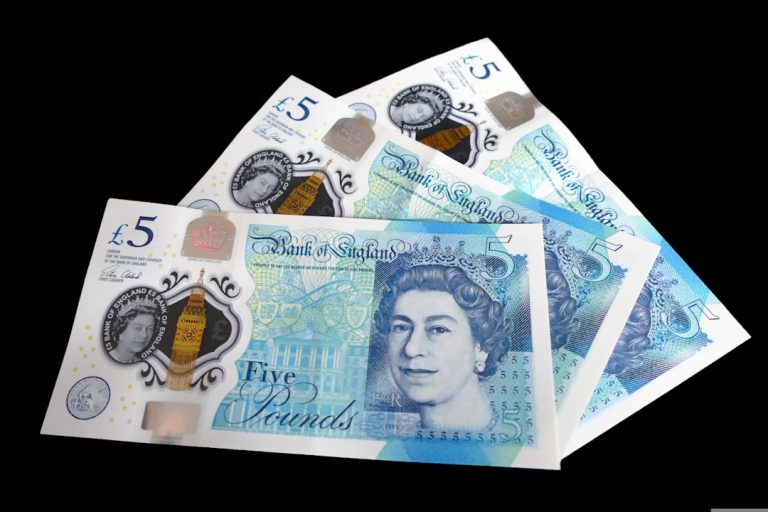DIY Credit Repair Tips: Take Control of Your Financial Future
Having a good credit score is essential for your financial well-being. A strong credit score can help you qualify for better loan terms, lower interest rates, and more opportunities for credit. However, if you have a low credit score, you may find it challenging to access credit or may be offered unfavorable terms.
Understand Your Credit Report
The first step in repairing your credit is to understand where you stand. Obtain a free copy of your credit report from each of the three major credit bureaus – Equifax, Experian, and TransUnion. Review each report carefully for any errors or inaccuracies that could be dragging down your score.
Create a Budget and Stick to It
Managing your finances responsibly is crucial for improving your credit score. Create a budget that outlines your monthly income and expenses. Make sure to prioritize paying off high-interest debt and avoid accumulating new debt.
Negotiate with Creditors
If you are struggling to make payments on time, reach out to your creditors to discuss possible solutions. They may be willing to work with you on a payment plan or even settle for less than the full amount owed. Negotiating with creditors can help you avoid further damage to your credit score.
Pay Your Bills on Time
Payment history is one of the most significant factors affecting your credit score. Make sure to pay all of your bills on time, including credit card payments, loans, and utilities. Setting up automatic payments or reminders can help you stay on track.
Reduce Your Debt
High levels of debt can negatively impact your credit score. Focus on paying down your existing debt, starting with accounts that have the highest interest rates. Consider consolidating debt or transferring balances to lower-interest accounts to help speed up the repayment process.
Avoid Closing Old Accounts
Length of credit history is another important factor in determining your credit score. Avoid closing old accounts, even if you no longer use them regularly. Keeping these accounts open can help demonstrate a longer credit history and improve your score over time.
Monitor Your Credit Score Regularly
Stay on top of your credit score by monitoring it regularly. Many websites offer free credit monitoring services that allow you to track changes to your score and receive alerts about potential fraud or errors. By staying informed, you can quickly address any issues that may arise.
Seek Professional Help If Needed
If you feel overwhelmed or unsure about how to proceed with repairing your credit, consider seeking help from a professional credit counselor or financial advisor. They can provide personalized advice and guidance tailored to your specific situation, helping you make informed decisions about improving your credit.
By following these DIY credit repair tips and staying committed to improving your financial habits, you can take control of your credit score and work towards a brighter financial future.






